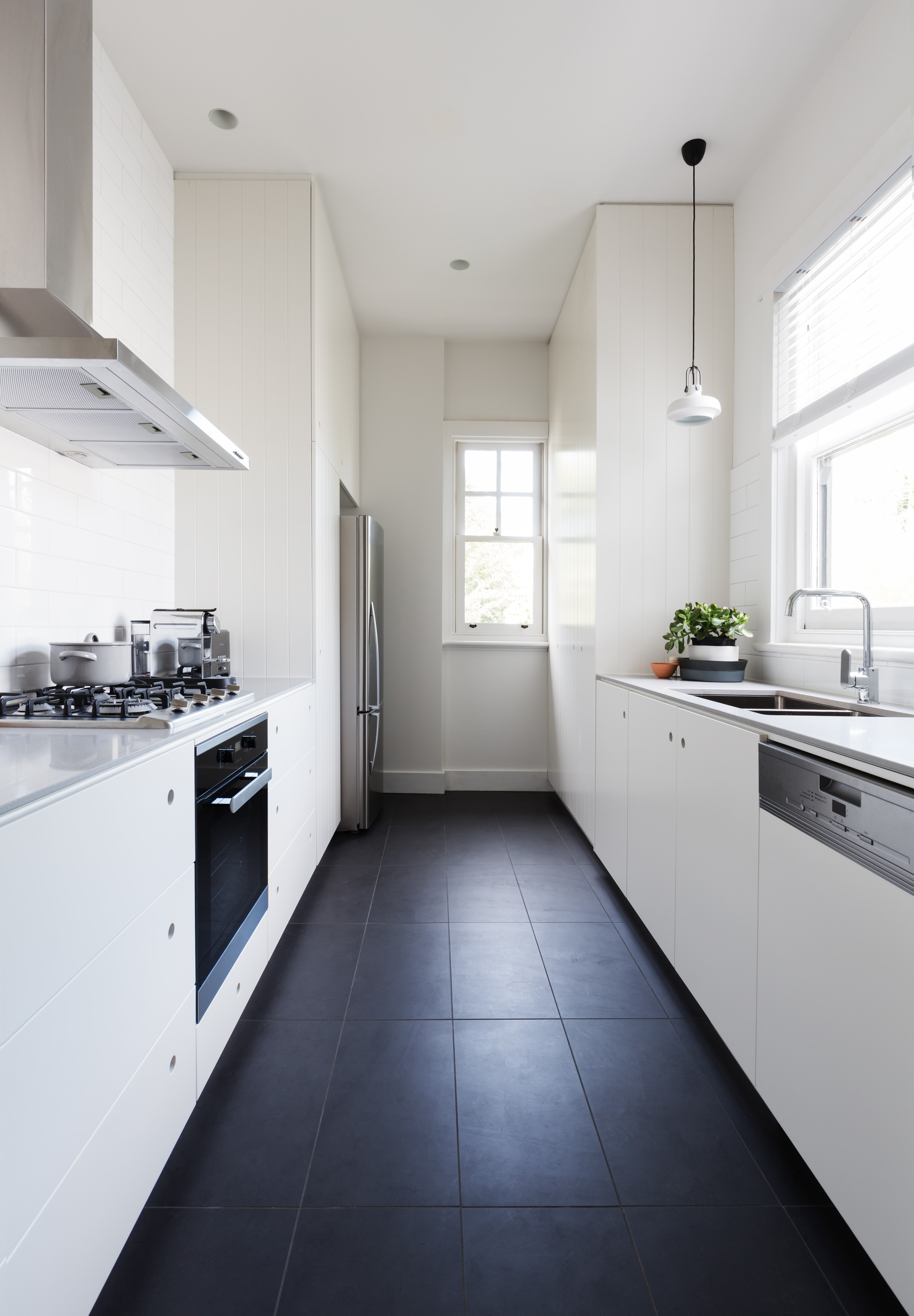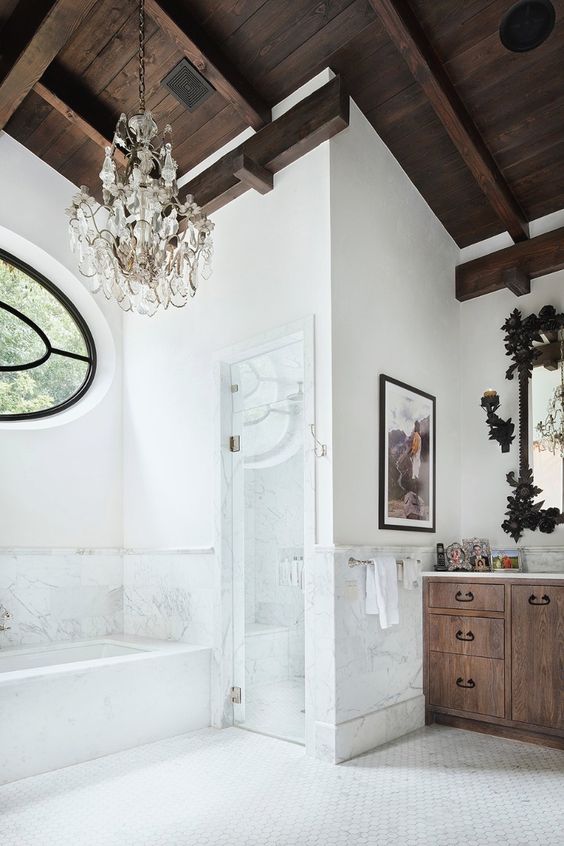Table of Content
That’s why there are usually fewer zoning issues when they’re being shipped over. It’s also why they can increase in value as the years pass, and why you don’t hear complaints about modular home resale value. If your score is lower than this, don’t worry; financing may still be available at a higher rate.
If you plan to place it in a manufactured home park, consider doing your due diligence to establish the park is a friendly environment for your family, or rather it fits your taste. Often, you should begin by establishing the park first before buying a mobile home. A mobile home, also known as a manufactured home, is constructed by trained building professionals in a controlled environment. You can choose from a single unit or a series of modules that get transported separately and then joined together at your property. Then it receives connections to local utilities, sewer, or septic system.
A Townhouse vs. a Detached House
Mobile homes are considered personal property and not real estate assets. As such, you may pay little to no tax if you choose manufactured housing. Mortgage lenders typically offer mortgages to buyers of "real property," which is generally defined as land and structures that are permanently constructed on that land. A manufactured home is “prefabricated” in a factory and then transported to the site. Furthermore, the modern manufactured homes provide a wide variety of floor plans, features and customizations in terms of both functionality and aesthetics.

Still, if it needs to be, you can move manufactured homes from one place to another. Modular homes are hot right now, and this is one trend that shows no sign of slowing down. If you’re looking for a high-quality home that offers stylish living at a fraction of the price, you’re going to enjoy modular homes. They are a great way to get more bang for your proverbial buck. Whether you rent or buy a mobile home, you will be able to benefit from a variety of advantages, including affordability compared to stick-built homes, flexibility, and customization potential. Generally, since mobile homes do not appreciate in value, future returns are unlikely.
Energy Efficiency
Though generally viewed as the more affordable option to homeownership it comes with the downsides such as no appreciation in value. Buying a mobile home and whether it’s the right choice for you. But we’ve always had our long-term goals in mind and knew this was moving us forward. Knowing why you’re choosing a mobile home over a traditional home is key to making it work for you. Traditionally, mobile homes have been thought to go down in value, but this hasn’t necessarily been the case in recent years. The most common size of a single-wide is 15 feet by 72 feet, whereas a double-wide is usually 26 feet wide and 56 feet long.
Today, modular homes are made to provide a safe living space for families across the United States, and on the outside look identical to most traditional homes. These structures are not valued differently on the market, and as with conventional homes, certain factors affect their price. Like traditional property, modular homes usually do not depreciate in value and seem to appreciate over the years. For instance, most mobile homes offer access to amenities that you might not get if you place your home on private land.
Key Advantages of Manufactured Homes
If you need to finance the home, just know that the process may look different than for a traditional mortgage. Once you have reviewed each key point from a personal perspective, you’ll be in the best position possible to know if buying a mobile home is the right choice to make. That means you have the potential to qualify for FHA, VA, and conventional mortgage options when choosing a mobile home for your family. Your lender will let you know about the specific requirements they want you to manage as part of the lending process.
Once a stick built home is built, it is more or less there permanently. Another advantage you might find with mobile homes is flexibility. This might be an option if you are uncertain you want to own the land long term, do not want to commit to a stick-built home now, or cannot afford a stick-built home right now. For many people, purchasing a home is one of the largest financial decisions they’ll make in their lives. While the benefits of owning a home cannot be denied, the type of home selected can go a long way toward fulfilling homeownership dreams.
What are the cons of modular housing?
Financing for mobile homes can be a lot more difficultcompared to traditional homes. Because a modular home is built to your local building code, it is indistinguishable in the eyes of an appraiser and the law. Your modular home will appraise just like any similar homes in the neighborhood, but will cost 30% less.

As more modern communities are developed that feature manufactured housing, the picture is changing. Manufactured homes are manufactured in a factory then delivered to the site for installation. On the other hand, mobile homes refer to any manufactured home that was made before June 15, 1976. Also manufactured homes are typically permanent structures installed on foundations or slabs whereas mobile homes are meant to be mobile.
In comparison to homes constructed before 1976, modern manufactured homes are built with modern materials and techniques that allow for more interior and exterior customization. If you move around a lot, buying or renting a manufactured home is always a better choice than buying a real estate/traditional home or renting an apartment. For one thing, a mobile home allows you to relocate with ease; and for another, it allows you to live a stick-built house lifestyle while paying less. Single-wide mobile homes are the smallest of all manufactured housing options.They range in size from 600 to 1,330 square feet. Single-wides are 18 feet wide or smaller and should not exceed 80 feet in length.
If you decide to live in a manufactured home instead of a site-built one, then you’ll have about 20% less living space. Choosing the factory-built option means that you must transport the final goods from their construction location instead of building it directly at your property. Owners settle for less space because they get to move into the property quicker. If you’re thinking about downsizing, then this option can make a lot of sense. When you want to expand your family or you need more space, then other housing options might provide you with a better outcome. Such homes may consist of a single unit or of modules that are transported separately and joined together on a site where they will also be connected to local power, water, and sanitary systems.
Here’s what you need to know about the significant downsides of modular homes. Do you require loans for mobile homes to purchase your future home? Do you have the minimum credit score needed to qualify for a loan for a manufactured home? Most manufactured home mortgage lenders require a minimum credit score of 580 to 620.

As said earlier, trailer homes are classified as personal properties and not real estate assets. As such, it’s not tied to the land, and, therefore, it’s unlikely to recoup the original investment. The floor plan you choose will affect the way the inside of your home flows, but will always have to fit within the home's outer dimensions, which come in standard rectangular sizes.
Mobile Home Park vs. Private Land
Overall, it’s about what you want in a home and how you want to go about it. If you’re looking to spend money on an elegant home that offers a lot in terms of investment, then, by all means, check this trend out. In the past, modular homes were designed as a cheap way to make a home fast. Manufactured home communities provide a wide range of amenities that are not available in private residences. Typically, you will have access to a swimming pool, a fitness center, a playground, and/or a clubhouse, among other amenities at the park.

No comments:
Post a Comment